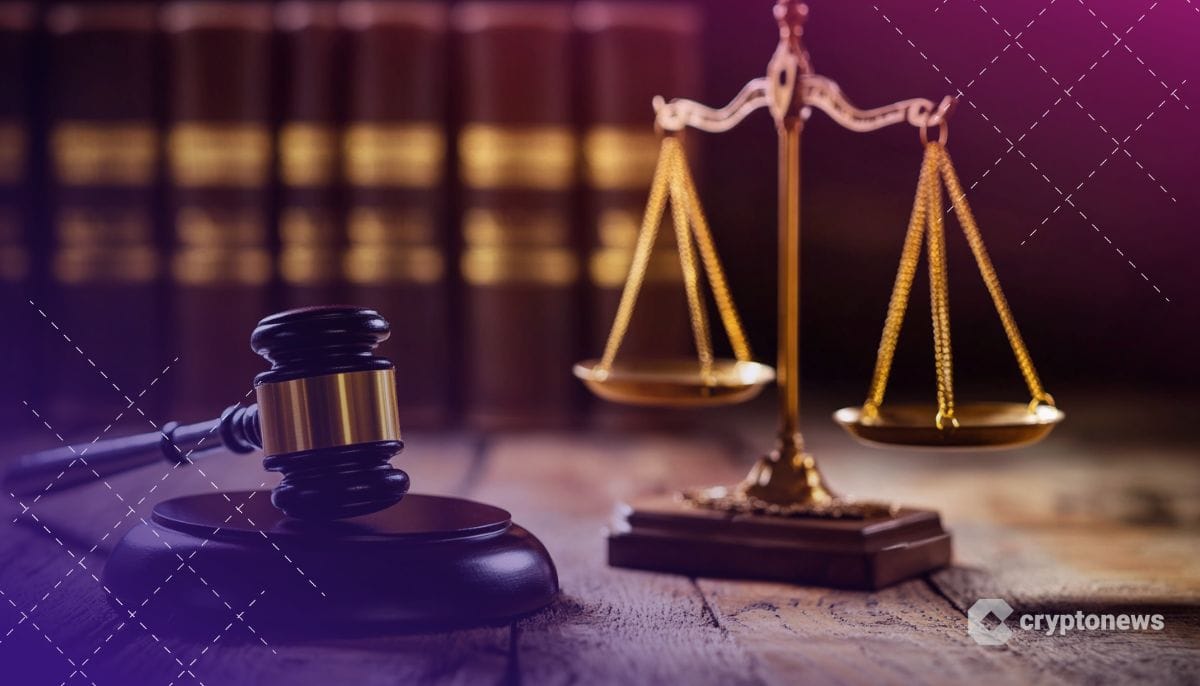South Korean Court Jails ‘Kimchi Premium’ Crypto Trading Gang
Ringleader jailed for three and a half years; group provided services for Japanese crypto traders, court hears

Four “kimchi premium” traders will serve time in jail after a South Korean court found them guilty of crypto and foreign currency law-related violations.
Per the South Korean media outlet NoCut News , a branch of the Daegu District Court found the group guilty of violating the Act on Reporting and Use of Specific Financial Transaction Information, the Foreign Exchange Transaction Act, and obstructing business.
‘Kimchi Premium’ Crypto Trading Gang Jailed
None of the gang’s names were released for legal reasons. But a man referred to as “A” (age 43), was identified as the group’s ringleader.
The court jailed him for three and a half years. The presiding judge sentenced another defendant to two years and two months in prison.
 Kimchi premium prices (
Bitcoin) at the time of writing. (Source: Cryprice)
Kimchi premium prices (
Bitcoin) at the time of writing. (Source: Cryprice)
The presiding judge jailed a third individual for two years. The group’s final member was given a suspended 18-month sentence and ordered to perform 160 hours of community service.
The Daegu District Court also handed out fines, including an “approximately 3 billion won” (over $2 million) bill for A.
The judge also ordered the group to pay legal and other “additional” fees.
Prosecutors told the court that the group worked with “investors” in Japan. They took tokens from Japan-based vendors and resold them in South Korea to “make a profit.”
They did this at a time when the “ kimchi premium ” was at a periodic high, prosecutors said.
The kimchi premium is a phenomenon whereby high retail demand for Bitcoin (BTC) and altcoins leads to tokens trading on South Korean exchanges at much higher prices than on international platforms.
At its highest point (circa 2020-2021), the premium rose above the 35% mark.
Japanese ‘Crypto Investors’ Paid Group $18.5M
Prosecutors explained that after “dumping” the coins on domestic platforms, the group “illegally smuggled approximately 400 billion won [$273,738,000] in foreign currency” back to the Japanese investors.
The court heard that the group “received approximately 27 billion won [$18.5 million] in return” for its services.
The defendants denied all charges, claiming that their transactions with the Japanese investors were not “capital transactions.”
But the judge ruled against this claim, noting that the group had deceived banks by using “fake invoices and contracts.”
This helped the group “hide the fact that they were dealing with cryptoasset sales,” prosecutors explained.
The judge said the gang “planned and organized” its operations meticulously. Prosecutors first indicted the group back in 2022.
Disclaimer: The content of this article solely reflects the author's opinion and does not represent the platform in any capacity. This article is not intended to serve as a reference for making investment decisions.
You may also like
EnclaveX launch brings fully encrypted, cross-chain futures trading to retail investors
Sui Integrates Babylon’s Bitcoin Staking Protocol and Becomes a BSN
Will Paul Atkins, the New SEC Chair, Change the Regulatory Stance?
Breaking: Court Pauses Appeal in Ripple Case
